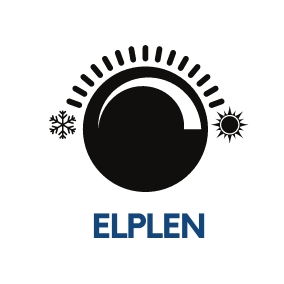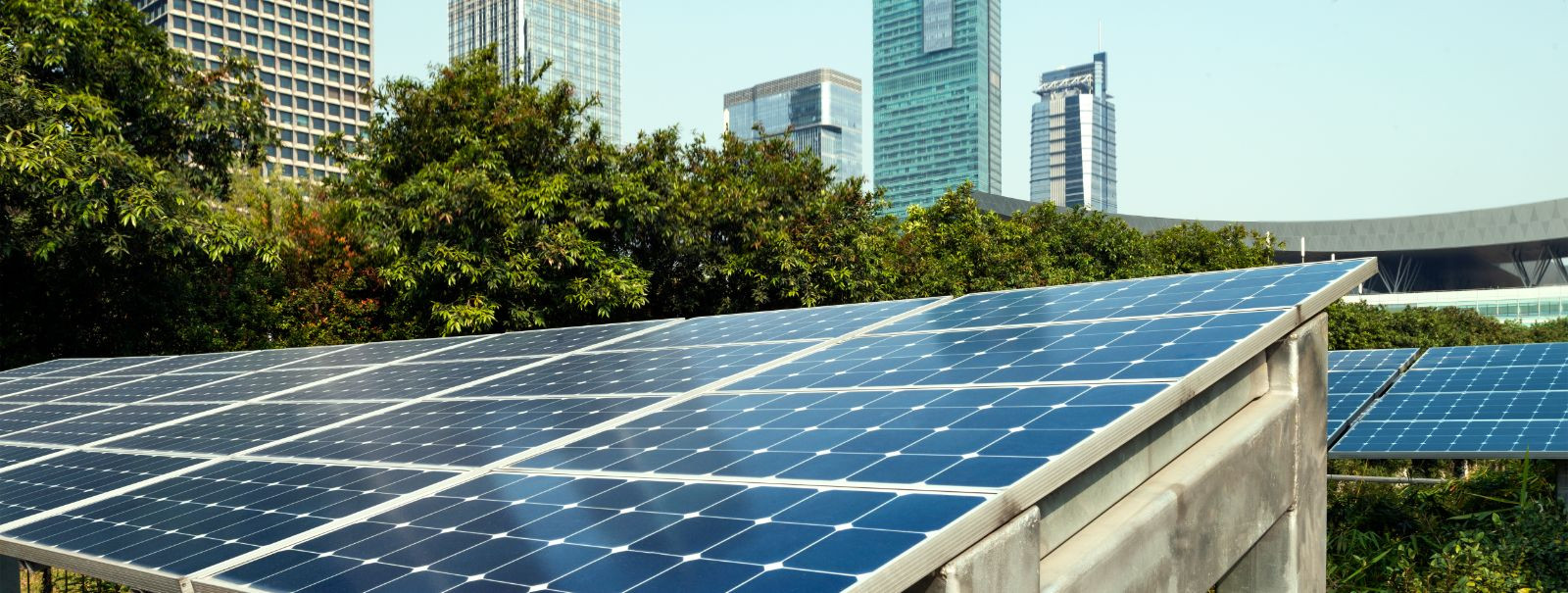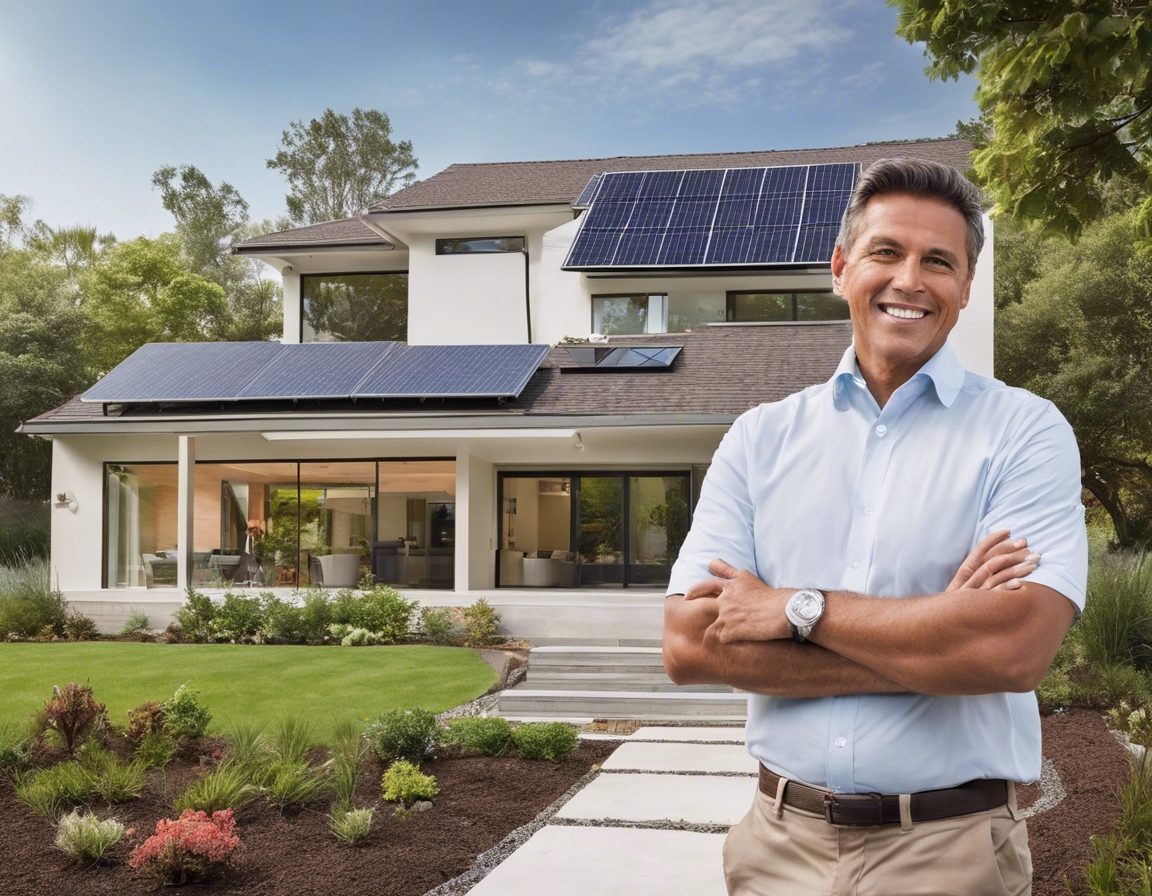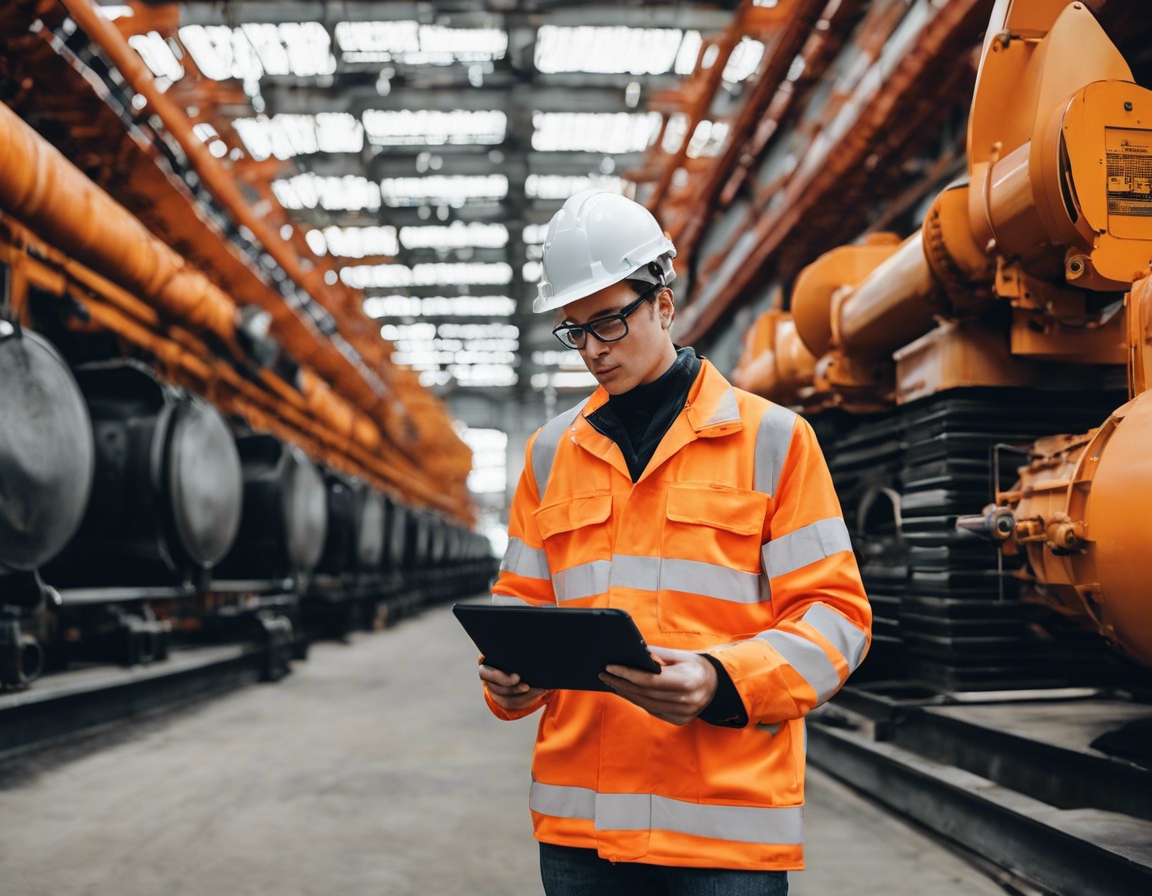The future of real estate: building with energy efficiency in mind
As the world becomes increasingly aware of the environmental impact of human activities, energy efficiency has emerged as a critical aspect of sustainable development, especially in the real estate sector. Building with energy efficiency in mind not only reduces the carbon footprint of structures but also leads to significant cost savings over time, making it an attractive proposition for both developers and occupants.
Advancements in technology and a growing demand for sustainable living have led to innovative trends in energy-efficient construction. From high-performance materials to integrated renewable energy systems, the industry is witnessing a paradigm shift towards more responsible building practices.
Key Components of Energy-Efficient Buildings
Effective insulation and a well-designed building envelope are fundamental to maintaining a building's thermal integrity. They play a crucial role in minimizing heat loss during colder months and heat gain during warmer months, leading to reduced energy consumption for heating and cooling.
Modern heating and cooling systems are designed to provide maximum comfort with minimal energy use. Innovations such as heat pumps, radiant heating, and energy recovery ventilators are becoming standard features in new constructions.
The integration of smart home technologies allows for real-time monitoring and control of a building's energy consumption. Automated systems can adjust lighting, temperature, and even appliance use to optimize energy efficiency.
Incorporating renewable energy sources like solar, wind, and geothermal into building designs is becoming increasingly common. These systems reduce reliance on fossil fuels and can provide significant energy cost reductions.
Challenges and Solutions in Energy-Efficient Construction
While the initial investment in energy-efficient features can be higher, long-term savings and various financing options can help mitigate these costs. Additionally, governments and institutions often offer incentives for energy-efficient construction.
Building a knowledgeable base of professionals and consumers is essential for the widespread adoption of energy-efficient practices. Educational programs and certifications can help in this regard.
Policy frameworks and incentives play a pivotal role in encouraging energy-efficient construction. These can range from tax rebates to expedited permitting processes for green buildings.






Comments (0)